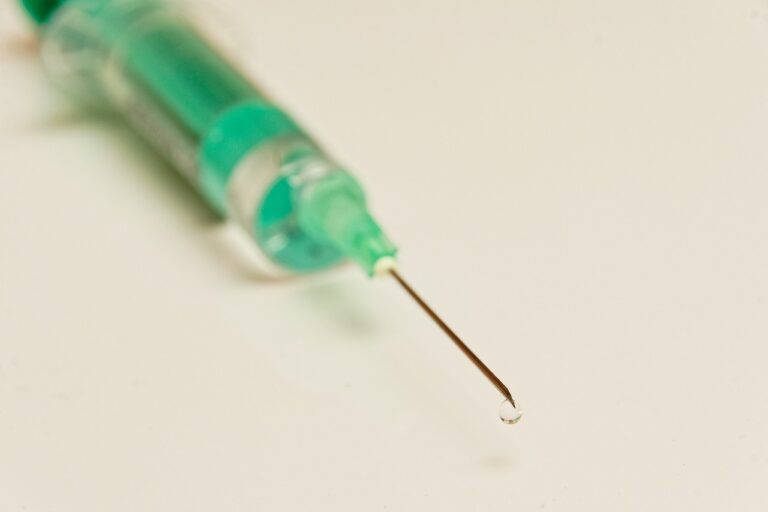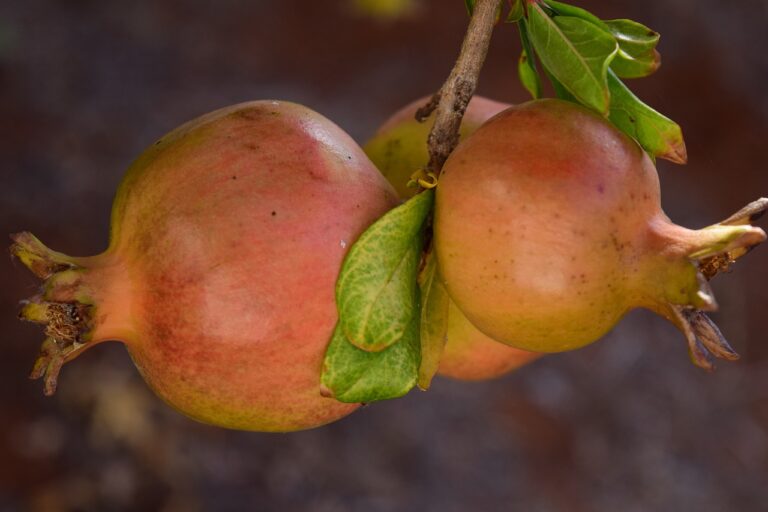The Role of Diet in Nephrology: What to Eat and Avoid: Diamondexch9, Sky99exch com login, Reddy club
diamondexch9, sky99exch com login, reddy club: The Role of Diet in Nephrology: What to Eat and Avoid
For those with kidney disease, managing your diet is crucial in maintaining optimal kidney function and overall health. As a nephrologist, I often see patients who have questions about what they should and shouldn’t be eating to support their kidney health. In this article, we’ll explore the role of diet in nephrology, including what foods to incorporate into your diet and what to avoid.
The Basics of a Kidney-Friendly Diet
A kidney-friendly diet is designed to help keep your kidneys working well. This typically involves limiting certain nutrients that can be hard on the kidneys, such as sodium, phosphorus, and potassium, while ensuring you’re getting enough of other important nutrients like protein and fiber.
Here are some general guidelines to keep in mind when following a kidney-friendly diet:
1. Limit Sodium: High levels of sodium can contribute to high blood pressure and fluid retention, both of which can be harmful to your kidneys. Aim to limit your sodium intake by avoiding processed foods and opting for fresh, whole foods instead.
2. Monitor Phosphorus: Phosphorus is a mineral that can build up in your body if your kidneys are not functioning properly. To help keep your phosphorus levels in check, avoid high-phosphorus foods like dairy products, nuts, and whole grains.
3. Watch Potassium Intake: Potassium is important for nerve and muscle function, but too much can be harmful for those with kidney disease. Limit potassium-rich foods like bananas, oranges, and potatoes, and instead opt for lower-potassium options like apples, berries, and cabbage.
4. Manage Protein Intake: Protein is essential for building and repairing tissues in the body, but excessive protein consumption can put a strain on the kidneys. Work with your healthcare provider to determine the right amount of protein for your individual needs.
Incorporating Kidney-Friendly Foods
While it’s important to limit certain nutrients, there are plenty of foods that can support kidney health. Here are some kidney-friendly foods to include in your diet:
1. Leafy Greens: Foods like spinach, kale, and Swiss chard are excellent sources of vitamins and minerals without being high in potassium.
2. Berries: Berries like strawberries, blueberries, and raspberries are low in potassium and provide antioxidants that can help protect your kidney cells.
3. Cauliflower: Cauliflower is a versatile vegetable that is low in potassium and can be used as a substitute for high-potassium foods like potatoes.
4. Fish: Cold-water fish like salmon, tuna, and mackerel are great sources of protein that are also low in phosphorus.
5. Egg Whites: Egg whites are a low-phosphorus, high-protein alternative to whole eggs.
Foods to Avoid for Kidney Health
In addition to monitoring your intake of sodium, phosphorus, potassium, and protein, there are some specific foods that are best to avoid when you have kidney disease. These include:
1. Processed Meats: Processed meats like hot dogs, bacon, and sausage are high in sodium and phosphorus, making them a poor choice for kidney health.
2. Canned Foods: Canned soups, vegetables, and beans are often high in sodium, so opt for fresh or frozen varieties instead.
3. Cola and Other Dark Sodas: Dark sodas are high in phosphorus, which can be harmful for your kidneys.
4. Dairy Products: Dairy products like milk, cheese, and yogurt are high in phosphorus and potassium, so choose lower-potassium alternatives when possible.
Frequently Asked Questions
1. Can I still eat out while following a kidney-friendly diet?
Yes, you can still enjoy dining out while following a kidney-friendly diet. Look for menu options that are low in sodium, phosphorus, and potassium, and don’t be afraid to ask your server for modifications to better suit your dietary needs.
2. How can I ensure I’m getting enough protein on a kidney-friendly diet?
While you may need to limit your protein intake, there are still plenty of ways to ensure you’re getting enough protein on a kidney-friendly diet. Look for high-quality protein sources like fish, poultry, and egg whites, and consider working with a dietitian to create a meal plan that meets your protein needs.
3. Are there any supplements I should be taking for kidney health?
It’s important to talk to your healthcare provider before taking any supplements, as some may be harmful for those with kidney disease. They can help you determine which supplements, if any, are safe and beneficial for your individual needs.
In conclusion, following a kidney-friendly diet is essential for supporting your kidney health and overall well-being. By monitoring your intake of sodium, phosphorus, potassium, and protein, and incorporating kidney-friendly foods into your diet, you can help protect your kidneys and enhance your quality of life. If you have any questions or concerns about your diet and kidney health, be sure to consult with your healthcare provider or a registered dietitian for personalized guidance.







